Welcome to a new issue of the Journal of Runic Studies, the premier Malkioni publication for studies into the nature of Glorantha. If you haven’t subscribed yet, please consult with the spirit bound to the appropriate electronic page.
There was a big heat wave here this past week so the motivation to collect and annotate Gloranthan things was at an all time low, especially since I also had our new episode to edit… but today was cooler so here I am, with as much as I could gather.
God Learner Sorcery
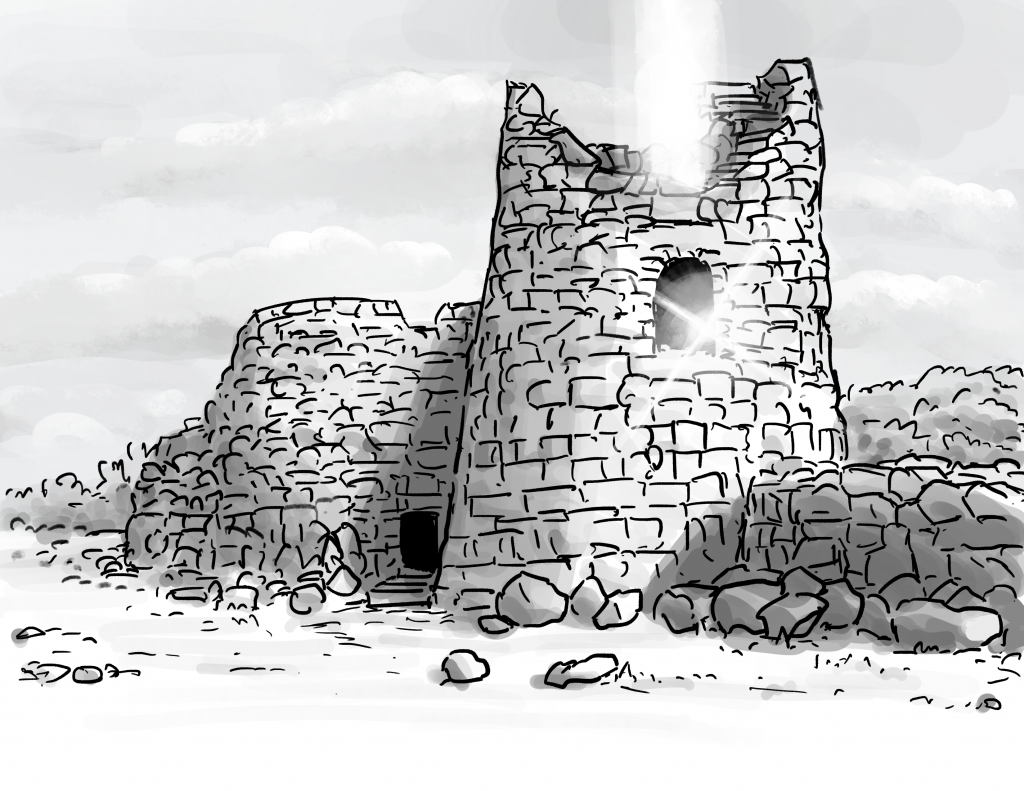
Here is what us God Learners were up to this week.
Episode 14: Nomad Gods (Part 2)
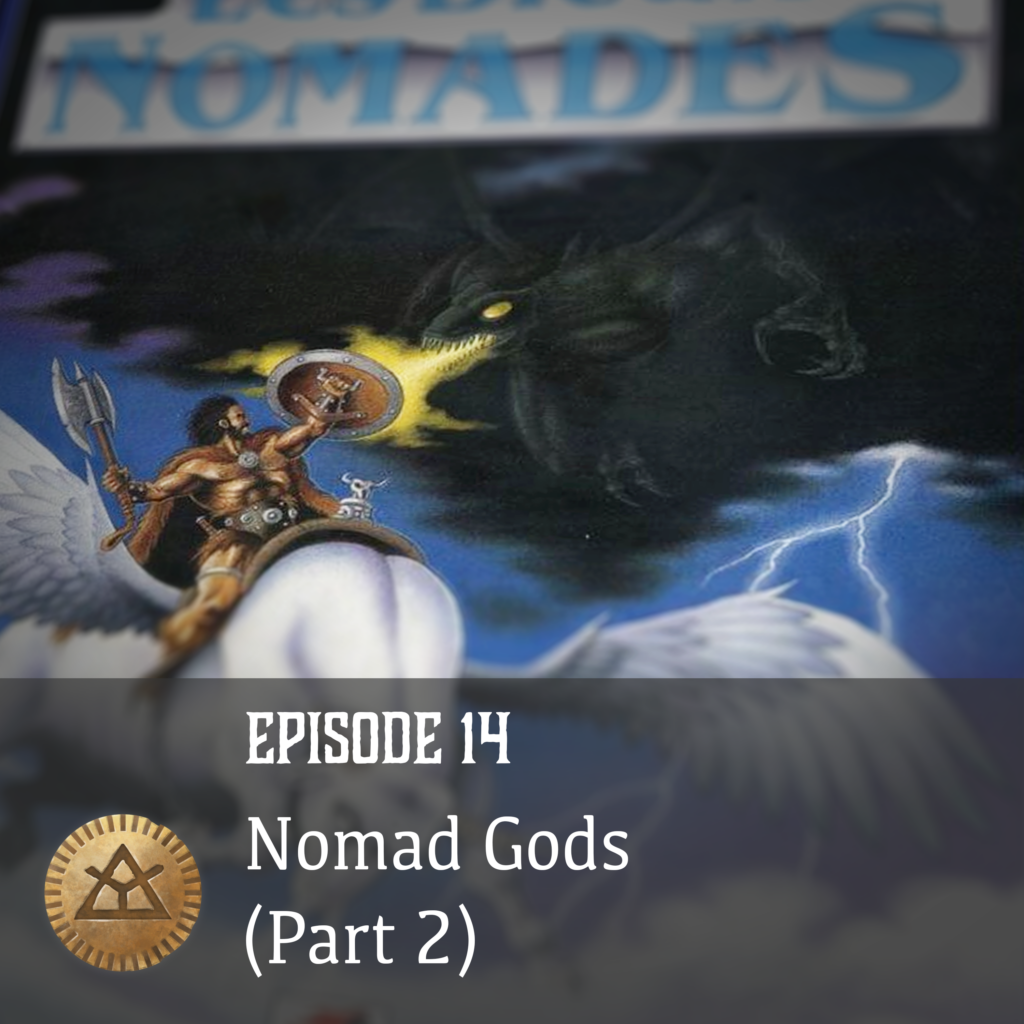
In episode 14 of our podcast, we return to our exploration of Prax through the lens of the 1977 board game “Nomad Gods” (part 1 was here). David Scott expertly guides us through these strange lands. We discuss the French version of the game, the magic rules, shamans, spirit societies, chaos monsters, and more!
Chaosium News

Here are this week’s Chaosium news!
Don’t Balance Your Games
Jeff talks about game balance again, but this time as an interview with James Coquillat. You can tell this is a topic they both are very interested in because you’re looking at an almost hour-long interview. Usually, these Chaosium interviews are between 10 and 20 minutes at most. This extra time lets Jeff better share his opinions on the topic, compared to the shorter notes and comments he posted online previously.
There’s a lot of good stuff in there. James’ questions are absolutely on point, even if Jeff doesn’t always answer them directly. I appreciate that several aspects of “balance” were mentioned, like “spotlight” balance and “premise fit” balance, and not just purely “mechanical” balance. They also mention the “Pippin vs Aragorn” problem, but one I find a lot more interesting is the “Hawkeye vs Captain Marvel” one because, unlike with Lord of the Rings, superhero RPGs have seen a lot more iterations and experimentations over the decades — including a large spread from simulationist to story-driven mechanics. Jeff sounds unconvinced about the latter however, which I think is common from gamemasters who run simulationist systems as story-driven anyway.
One thing that I think is worth touching upon in these parts is the big difference (in my opinion, of course) between Pendragon & Call of Cthulhu, and RuneQuest. While they all aspire to provide a broad range of gameplay experiences, I find that RuneQuest has the most “unbalanced” set of mechanics. Pendragon’s breadth of gameplay is supported by many mechanics: skirmishes, battles, running a manor, organizing a feast, romancing, jousting, and so on. These mechanics might vary in size, complexity, and time to run at the table, but not too much, so they’re pretty “balanced” in a sort of “mental overload” way, along with the various knights that specialize in one or the other. Call of Cthulhu, especially its 7th edition, has a more minimalist approach in order to make things rather equivalent: combat has been simplified quite a lot compared to the previous editions, and other sub-systems like chases, sanity, and magic have an equivalent light weight. By comparison, I feel like RuneQuest is a lot more unbalanced in that way. Starting a combat scene will most likely take you at least an hour of play, while most other activities are, technically, resolved in a couple rolls. A good gamemaster might be able to expedite a combat when needed, and dwell longer on a crucial scene of tribal politics with many suspenseful rolls… but RuneQuest as a system puts a lot of emphasis on combat and magic, and by all means this signals that the game is about combat and magic — I’m a big fan of “show me what your mechanics are and I’ll tell you what your game is about“. So of course a combat-focused system will attract combat-focused players. Oh well.
A New Hero Episode 5
Speaking of James Coquillat, his RuneQuest actual play continues and is now at episode 5! Oh my, I’m still catching up so no comments from me at this time. Are you following the game? What do you think?
The Legacy of “Home of the Bold”
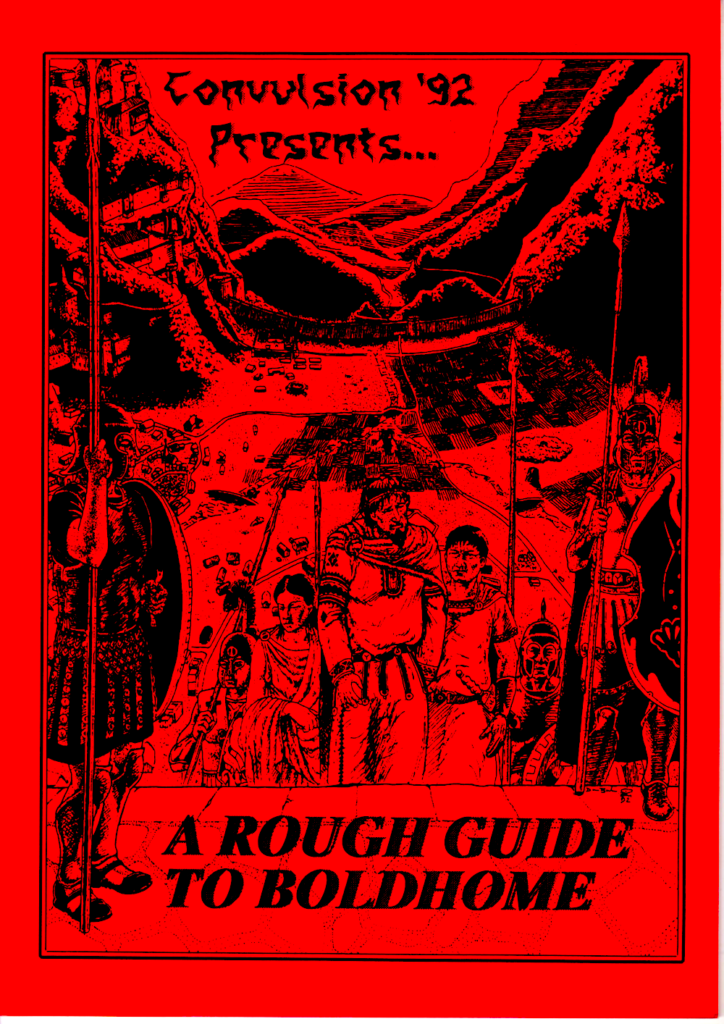
On the Chaosium blog, Nick Brooke has a slice of Gloranthan history for us as we celebrate the 30 years since the “Home of the Bold” freeform live-action roleplaying game. This took place at the Convulsion 1992 convention, and its historical significance in the history of Glorantha, RuneQuest, and Chaosium is all up there in the article. Thanks Nick!
Of course, Rick Meints brought his A-game to the discussion on Facebook by showing off his Gloranthan convention booklets… you can’t beat that, can you?
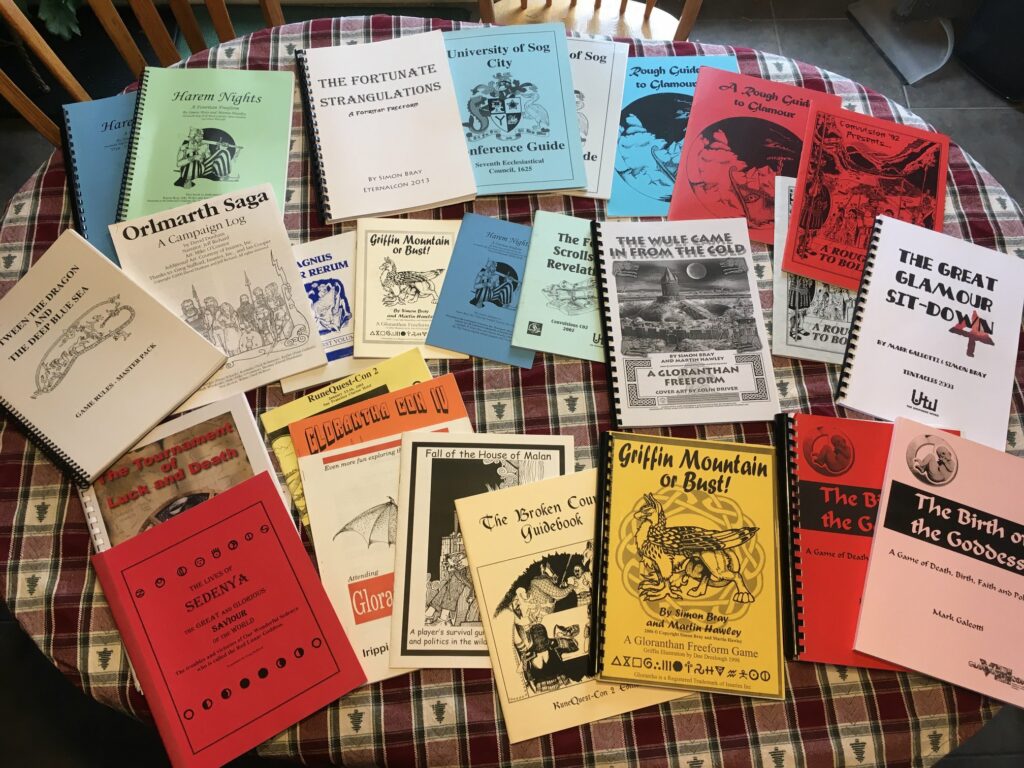
Fantasy Grounds Update
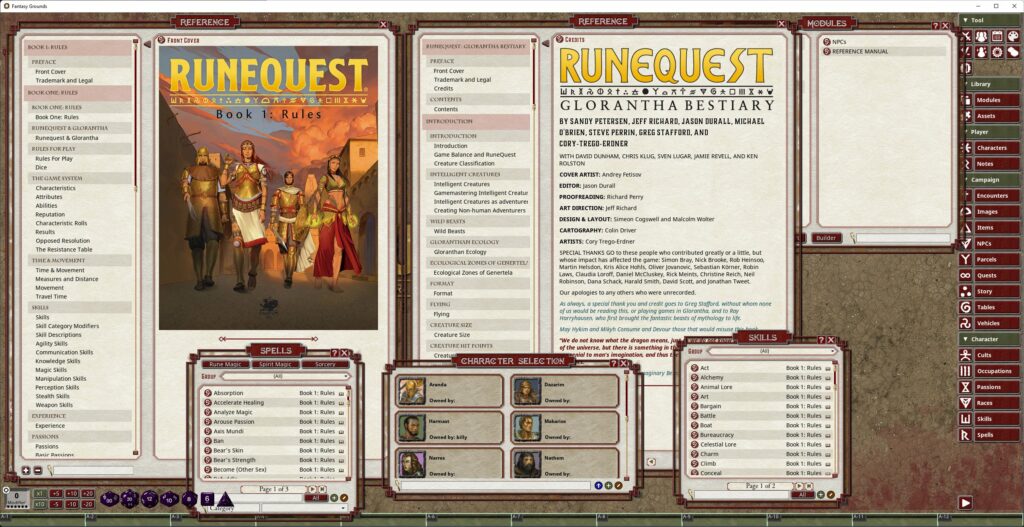
The Fantasy Grounds VTT Module for RuneQuest is almost ready to be released, but not quite:
Down to 4 things I need to address before it can be released and just ran out of time, as full-on GenCon prep now. Snippet of the Bestiary which will be the next release.
RuneQuest Weapons & Equipment in Hardback
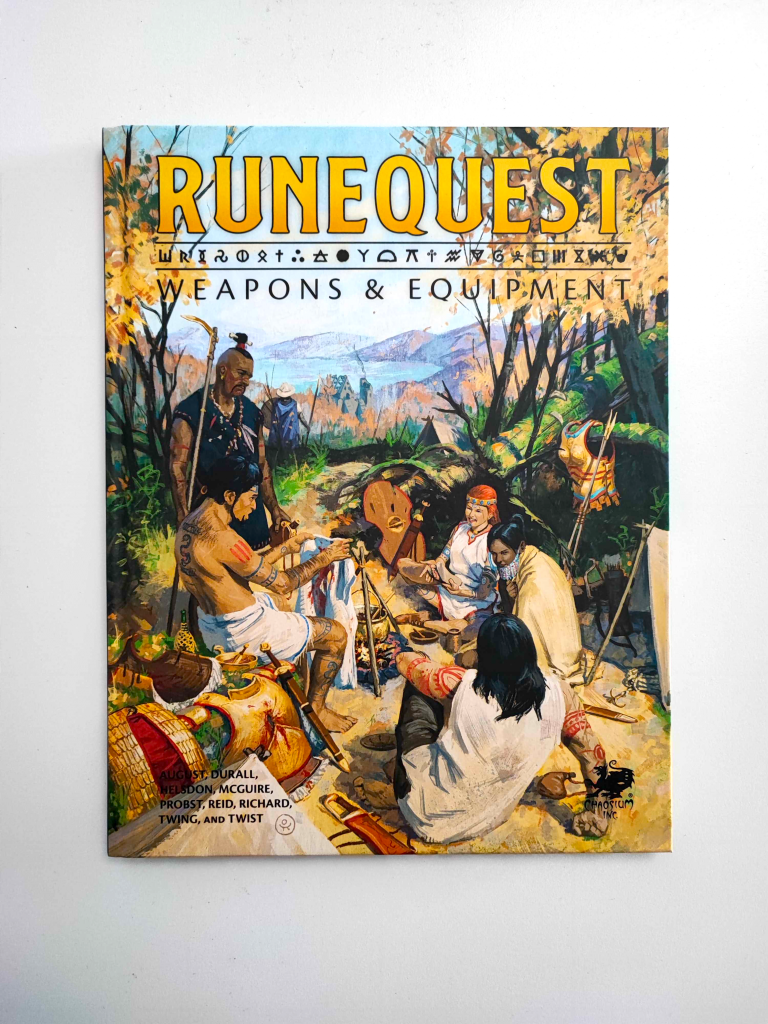
Chaosium announced that they would have the print version of the Weapons & Equipment sourcebook at GenCon next week. We might therefore expect to see it on sale from Chaosium’s website at the same time, or shortly after. Those of you who bought it in PDF will receive a discount code when that happens… although don’t forget to contact Dustin at customer support if you need to combine multiple codes!
About PDF and Print Releases
Speaking of hardcover releases, you might remember that I mentioned in a past Journal issue that Chaosium was going back to synchronous PDF and print releases for their future products. No more PDF release ahead of time. Chaosium president Rick Meints clarified the reasons for doing this in a post on BRP Central.
The first reason Rick mentions isn’t really a reason for going with synchronous releases, but it does address a related change to the release process which is that future RuneQuest books won’t have any “crowd-sourced proofreading” anymore (for example, here was the proofreading thread for Weapons & Equipment). From now on, Chaosium will be hiring professional proofreaders, which is an excellent news given how past RuneQuest books have been riddled with editing issues.
Some of the other reasons are pretty convincing to me:
- The need to spin up two marketing cycles instead of one, with the inevitable confusion from gamer audiences who might think “wasn’t this already released?“
- The management overhead of processing discount coupons, especially if you’re like me and often wait a couple months to do a bulk purchase and save on shipping cost. Like I said above, this requires contacting Dustin so he can issue a combined coupon code by hand… Chaosium could invest in a better e-commerce website to fix this, but I imagine the database migration costs might not be worth it.
- The desire to just “fuck around and find out” (well Rick didn’t say it like that of course). Chaosium did a whole bunch of PDF-first releases, and now it sounds like they want to compare it to combined releases. Do some people buy the PDF early and then don’t bother with the printed book when it comes out, when they might have bought both if available? Hard to say. I guess this will be interesting.
Jeff’s Notes
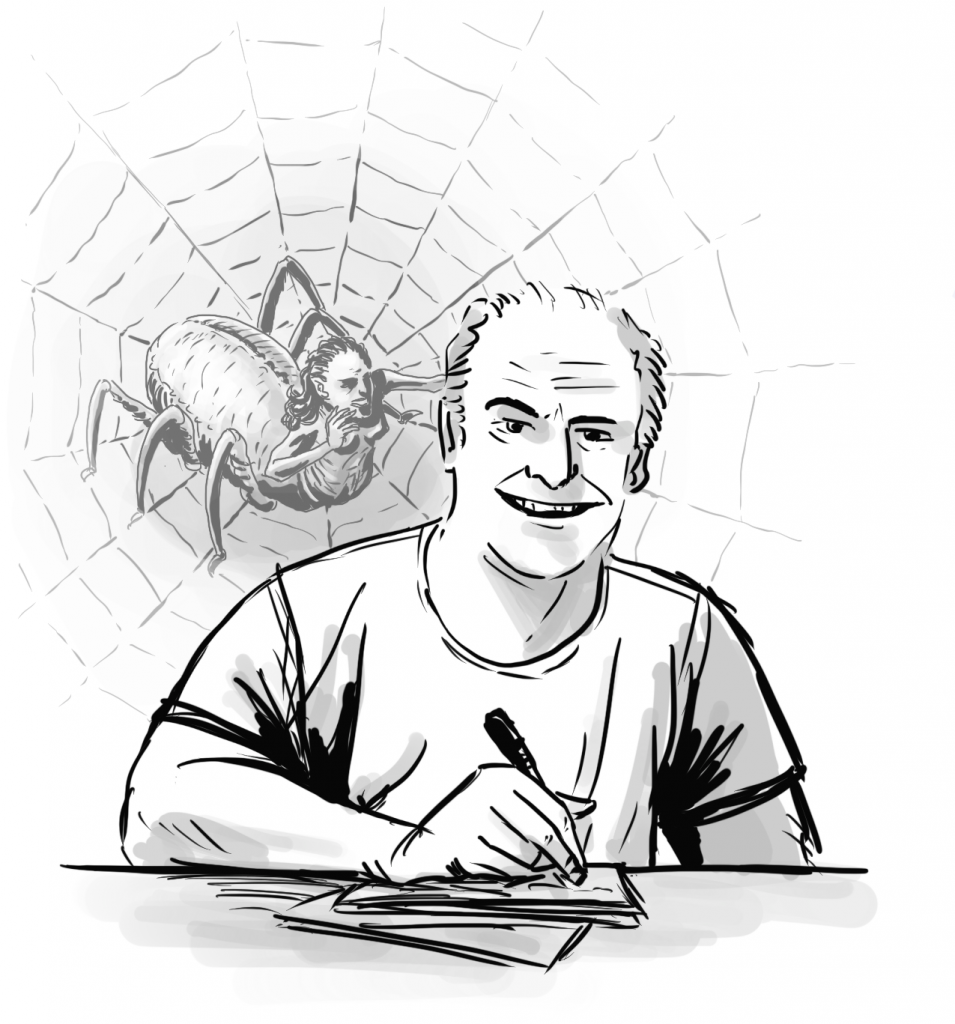
Jeff Richard, the current mastermind on everything Gloranthan at Chaosium, is often posting notes and thoughts on the RuneQuest Facebook group. Here’s our curated list from the past week. A partial archive of these sources is compiled on the Well of Daliath.
Plant Genealogy
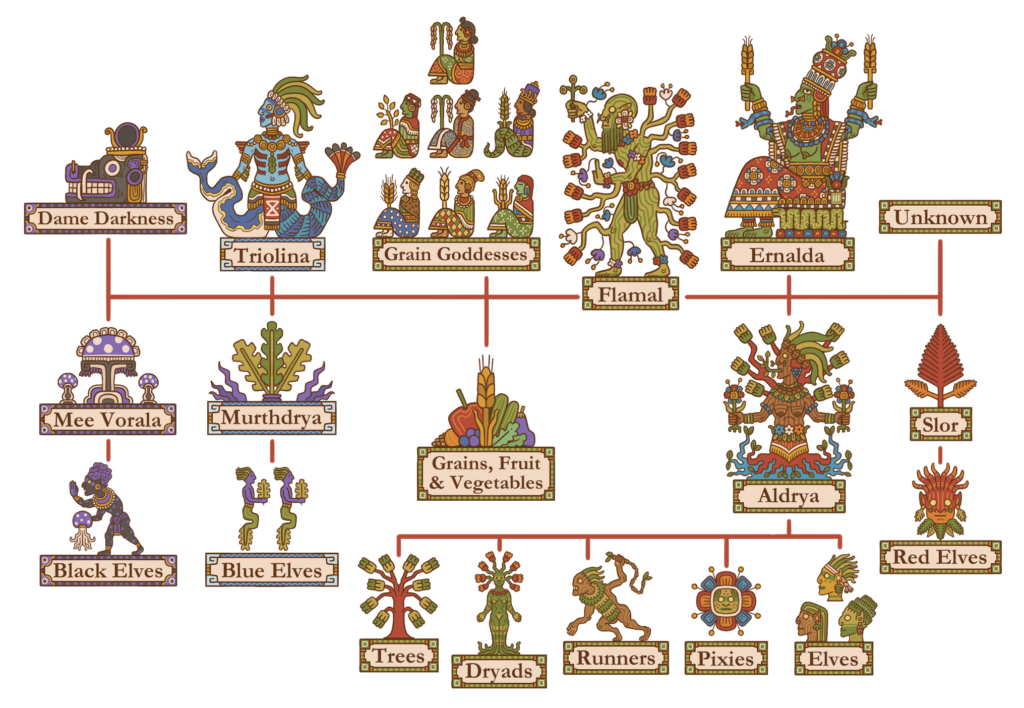
Another Cults book genealogy preview! These are the plants, and other related entities. This is where you can see that Blue and Black Elves aren’t “Aldryami” per se (they’re not descended from Aldrya), so you can’t always trust the God Learners.
Gloranthan Distances
Jeff talks about the size of Glorantha… I promise I won’t start complaining about Gloranthan map scales!
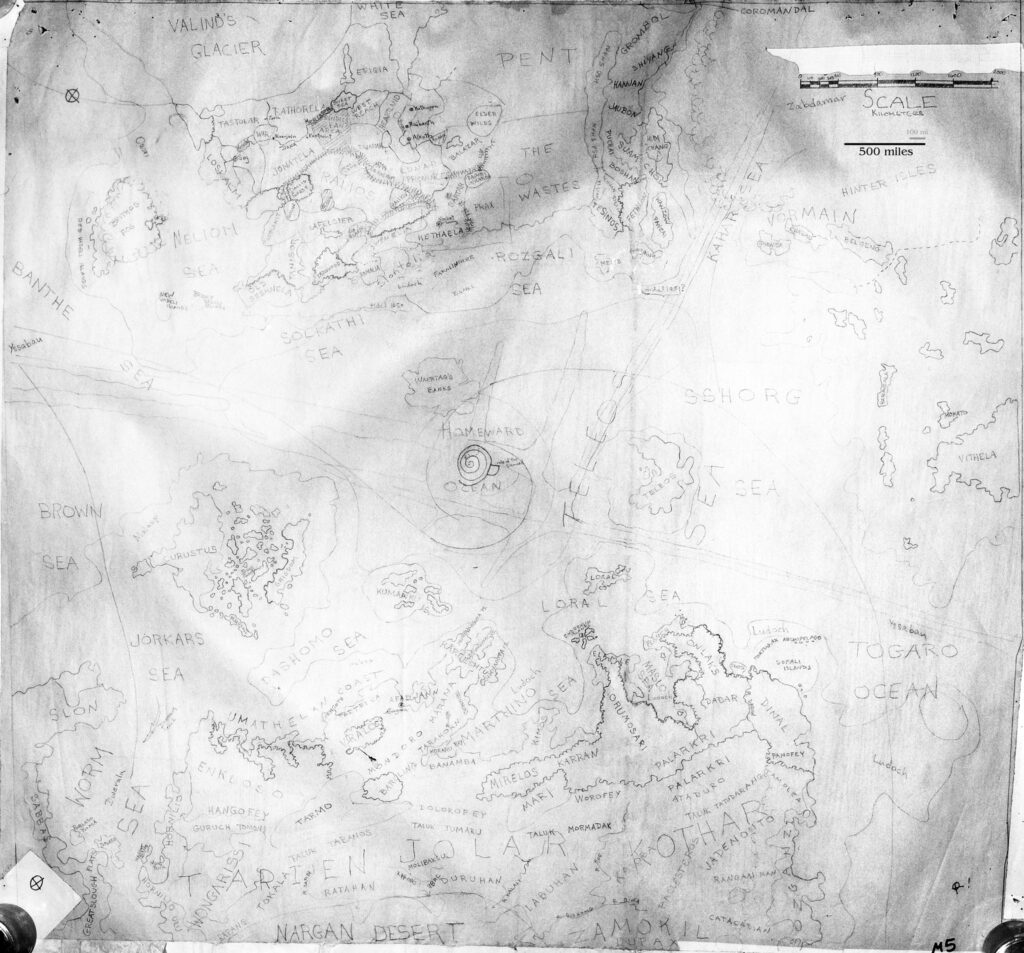
It is approximately 4250 kilometers from the Holy Country to Pamaltela, although most sailors travel clockwise around the Homeward Ocean, taking about 3 weeks to get to Maslo, give or take a few days.
To put that in context, the distances involved are significantly less than crossing the Atlantic from continental Europe to the Caribbean or North America.
Generally speaking, Glorantha is much smaller than Earth. The entire continent of Genertela fits inside the United States, more or less. This is why I felt a bit “constrained” when I first looked at the maps — we end up trying to fit a lot of cultures and biomes in not much space. It sort of looks like an open-world video game in some ways. And sure we can explain a lot with myths and land goddesses and weather deities and such, but that only comes later. If you’re like me, you started with the map.
Anyway, the rest of the note won’t be surprising: the Opening of the Seas is still new in people’s mind, trade with distant lands is warming up, and lots of profits can be made for the enterprising merchant that makes it to Pamaltela or the East Isles, where the truly exotic stuff is.
This detail on the Vadeli is interesting:
The Vadeli are not what I would call Genertelan explorers and traders. They did briefly establish an empire in Pamaltela (Umathela) in 1585 after the Opening, presenting themselves as gods and demanding tribute and worship. However, their empire collapsed after the Vadeli fleet was destroyed in 1594 by a naval alliance of Kareeshtu and Flanch.
The Vadeli are evil immortal Malkioni people who date back to the Gods Age. Just like the Brithini, they don’t age as long as they follow strict rules of conduct. The Vadeli live to this day on a couple large archipelagos far off the western coast of Genertela — although it used to be one large “Vadeli Island”. Like most Malkioni, the Vadeli are split in castes. Only each caste has a different skin colour… yep, you read that right. Brown Vadeli are the immortal sociopath sorcerer-sailors, and Red Vadeli are the also-immortal violent sorcerer-marines-soldiers. Good luck including that in your game in a sensitive way! There were two other castes (Yellow and Blue Vadeli) but they have gone extinct somehow.
As Jeff notes, right after the Opening of the Sea, the Vadeli built a fleet and reached Pamaltela. They ruled a large part of coastal Pamaltela for a little while until they lost a decisive battle in 1594. There is still a sizable community of Brown Vadeli left behind in Pamaltela who act as expert sailors and shady merchants. Given their low morals and immortal ways, you probably get a mix of slaves and ancient magical secrets from dealing with them. If you want a super shady merchant NPC at a port city, you can make them an evil immortal Vadeli. Which leads us to this detail on Nochet, also worth being highlighted:
Nochet has almost 10,000 inhabitants that are not from Central Genertela (Holy Country, Maniria, Dragon Pass, Lunar Empire). That’s a large city’s worth of foreigners. That also includes people from Fonrit, Umathela, and Maslo.
Now you know where you’ll find that super shady and scary Brown Vadeli trader.
Genertela Line Map
Speaking of fitting Genertela inside the continental United States, Jeff talks about it here. There’s a few more comparisons, but most importantly there’s a link towards a line-map of Genertela that is usable under Chaosium’s Fan Material Policy, among several other maps.
Tradetalk
Since we were talking about merchants and sailors, remember that the Issaries cult made up Tradetalk to help with that — especially around the various markets they setup everywhere during the First Age:
Tradetalk spread early – it was used by the First and Second Councils to facilitate communication between different species (humans, trolls, elves, dwarves, etc), tribes, and with outsiders. It was embraced by the Jrusteli who used it as the lingua franca of the Middle Sea Empire, and was also used by the Empire of the Wyrms Friends.
It is hard to find places where Tradetalk is unknown. Perhaps in Kothar and Tarien, and in Vormain.
More here.
Dormal
Finally, all this talk of travelling the across the oceans wouldn’t be complete without the guy that made it possible. Remember that the oceans were “closed” by some disaster that sunk various parts of Glorantha, destroyed a few peninsulas, and generally did bad things, from roughly 920 to 1050. Since then, any ship that lost sight of the coast would just… disappear. Or something. But in 1580, this guy called Dormal found a way around it and manage to sail across the oceans. His workaround is called the Opening Ritual, you have to do it in order to sail, and you have to be an initiate of his cult in order to know it. This guy is clever, isn’t he?
But it gets scary:
One more thing about Dormal, his initiation rites are performed on a ship beyond the sight of land. The initiate is presented to the gods of the sea for acceptance. As a result, the initiates of Dormal really do view themselves as the Men of the Sea – folk who can exist on the open seas.
So yeah, you need to place your ship in the situation where it would normally have bad things happening to it before you can do the thing that prevents bad things from happening! Make sure you have all the ingredients for the ceremony before you leave!
In the rest of the note, Jeff looks at the rough number of ships, sailors, and Dormal initiates around the Holy Country and elsewhere, so if you need these numbers for your campaign, now you know where to find them.
Discorporating Others
Note quite a “Jeff Note” but a “Scotty Note”. Still, it’s from someone at Chaosium, even if David wasn’t using his “official” account when posting this, which indicates that it’s his personal take on it. But hey, that still comes with a hefty weight of authority as far as I’m concerned.
Anyway, this deals with the ever-thorny topic of Discorporation in game. The problem, you see, is that it’s unclear how an assistant shaman gets the ability to discorporate, and it’s even less clear whether they can take the other player characters with them (which is desirable for obvious gameplay reasons). In our recently released episode (and in other online places) David did share that the upcoming Cults of Glorantha book somewhat fixes this loophole for assistant shamans by giving the Horned Man one spell: Discorporation. He shows you how to do it, but you don’t cast it through him — you still cast it through your god, using your god’s Rune Points. The Horned Man isn’t a god and doesn’t have Rune Points.
David also often gives his shamans a custom-made shamanic ability called “Discorporate Others”. But that’s not idea when the group only has an assistant shaman, or when the shaman doesn’t have that ability because you just learned about this possibility now.
Well, David has some more suggestions! The whole thing is on BRP Central, but here are the interesting bits:
So in RQ terms, the shaman’s discorporation ability, and any discorporation rune magic provide a controlled entry and exit from the spirit world (needing an hour long ritual to work). Hazia, Black Mushroom Drink and most other plants that can help achieve discorporation, fall into the uncontrolled category.
There is also the matter of an Axis Mundi, an important adjunct to travelling to the spirit world – a safe starting point. At large ceremonies, a shaman need only cast Axis Mundi and make sure all the participants are inside its diameter. Everyone inside is effectively in the Spirit World, everyone knows not to move as to do so moves you out of the protective area into the spirit world.
So If the shaman want’s everyone to travel with him into the spirit world, everyone takes the supplied Entheogen (what ever it is), does the hour ritual, pays 5 magic points, and makes a meditation roll (including ritual preparation bonus). The shaman then casts Axis Mundi and everyone moves off through the now open gateway to the spirit world.
So it sounds like you could use Axis Mundi as a “Discorporate Others” sort of spell if you want. And since not all cults provide it, you could even say that you obtained it via the Horned Man, just like Discorporation.
Discord Transcripts
There was a rare appearance from Jeff on the Discord server, and David graciously archived that impromptu Q&A.
- The Seven Mothers cult: who joins the Seven Mothers cult as a lay member or full initiate and why, what the cult is for, and so on. I’m taking away that occupied Sartar had around 21,000 Seven Mothers initiates, two thirds of which were soldiers, officials, or other immigrants. Post-Dragonrise Sartar still has 5,500 members, most of which I assume are second generation natives.
- The cult of Heler: the various forms of Heler worship, from a minor aspect of Orlanth to the big cult of Sky River Titan near Skyfall Lake. Plus, economies of scale in Esrolia!
- Argrath’s Army: some thoughts on the logistics of having Praxian nomads all around Dragon Pass and Southern Peloria.
- The Guide to Dragon Pass: tiny bits of information about the upcoming “Dragon Pass gazetteer”.
- Weather in Peloria: some clarifications about the weather in Peloria, and how Orlanth and the various weather deities relate to it. Short version: Entekos is keeping things calm, dry, and warm for her big sugar daddy Yelm.
Community Roundup
The community roundup is our highlight of interesting things being mentioned in the Glorantha-related Facebook groups, sub-Reddits, and other similar online places.
Kylmä Tuuli Sartarin Yllä #6
No, my dog didn’t jump on the keyboard — this is the title of the Kalikos Society’s latest magazine issue. Google Translate tells me this means “Cold Wind Over Sartar”. You can buy it here, I think.
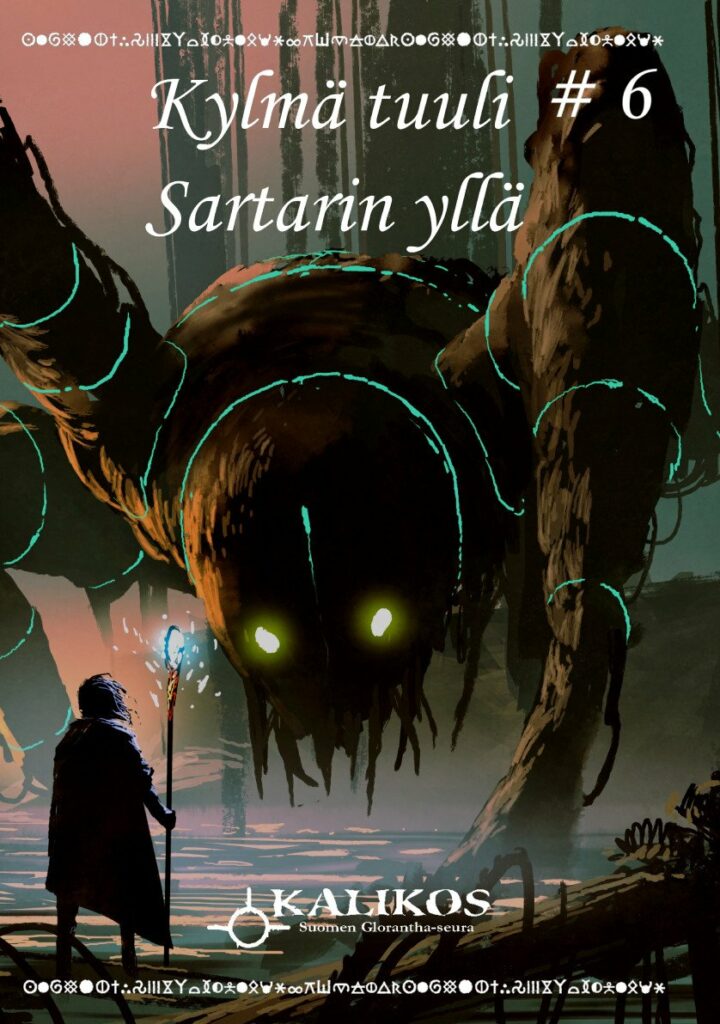
Kalikos is a Finnish collective of Gloranthan fans who has produced many fine things over the years, including the Zin Letters (which were written in English). Lately they’ve also been producing the only known active Gloranthan podcast besides ourselves: Dayzatarin Tähtien Alla.
Jar-eel and Beat-pot
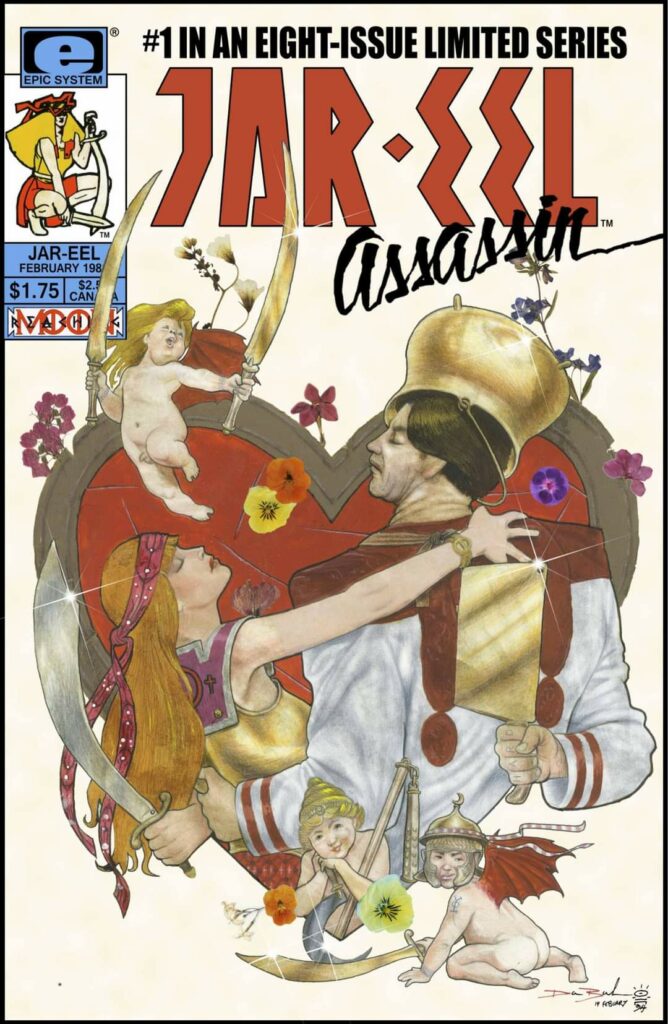
Dan Barker did this cover a long time ago as a spoof of an Elektra: Assassin cover (visible here). I think I had seen it in passing once without knowing what it was about!
A Very Harmonious House, It’s True
Chris Webb, which incidentally is our next interviewee in our Glorantha Initiation Series, sent us these pictures of a “small re-roofing project with reclaimed tiles”. Isn’t that awesome?
Elsewhere on Arachne Solara’s Web
Not everything is about Glorantha, although most things are! Here are loosely relevant things that we found on the interwebs.
Duck Uprising
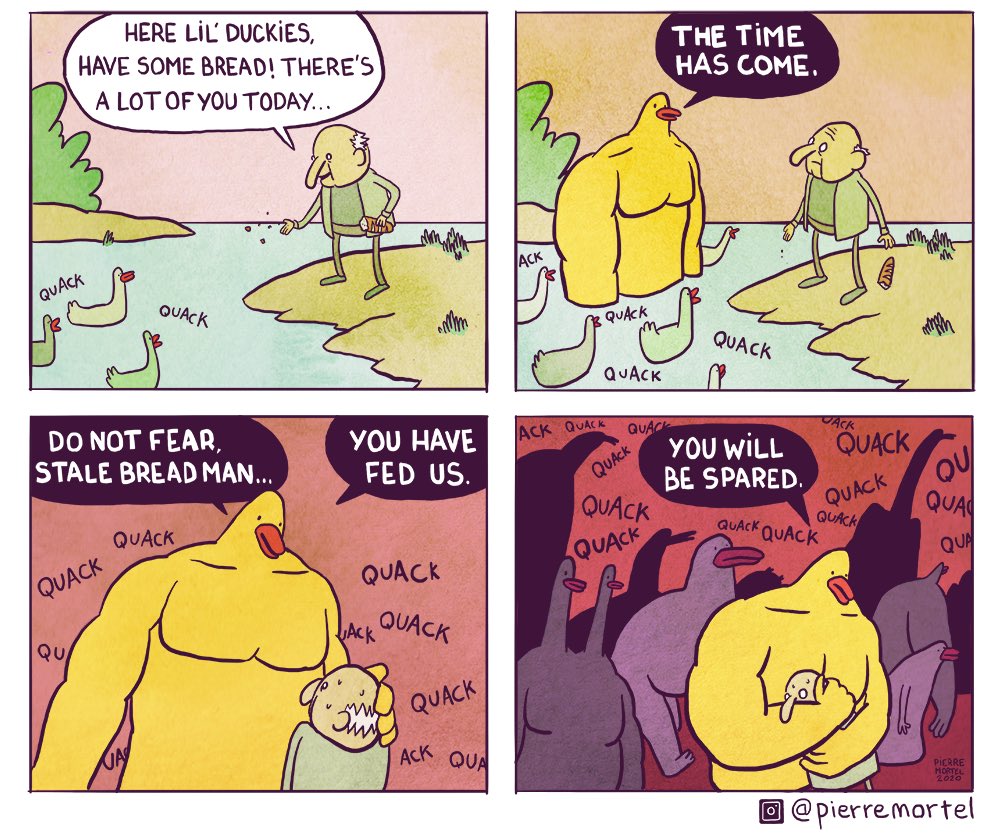
This old comic strip by Mortel Pierre has been making the rounds on Twitter and Facebook… for obvious reasons.
Thank you for reading
That’s it for this week! Please contact us with any feedback, question, or news item we’ve missed!
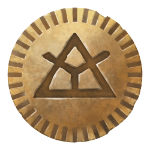
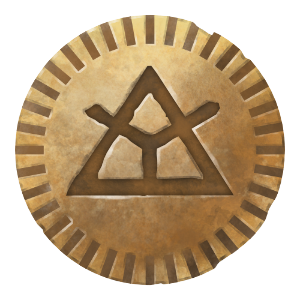
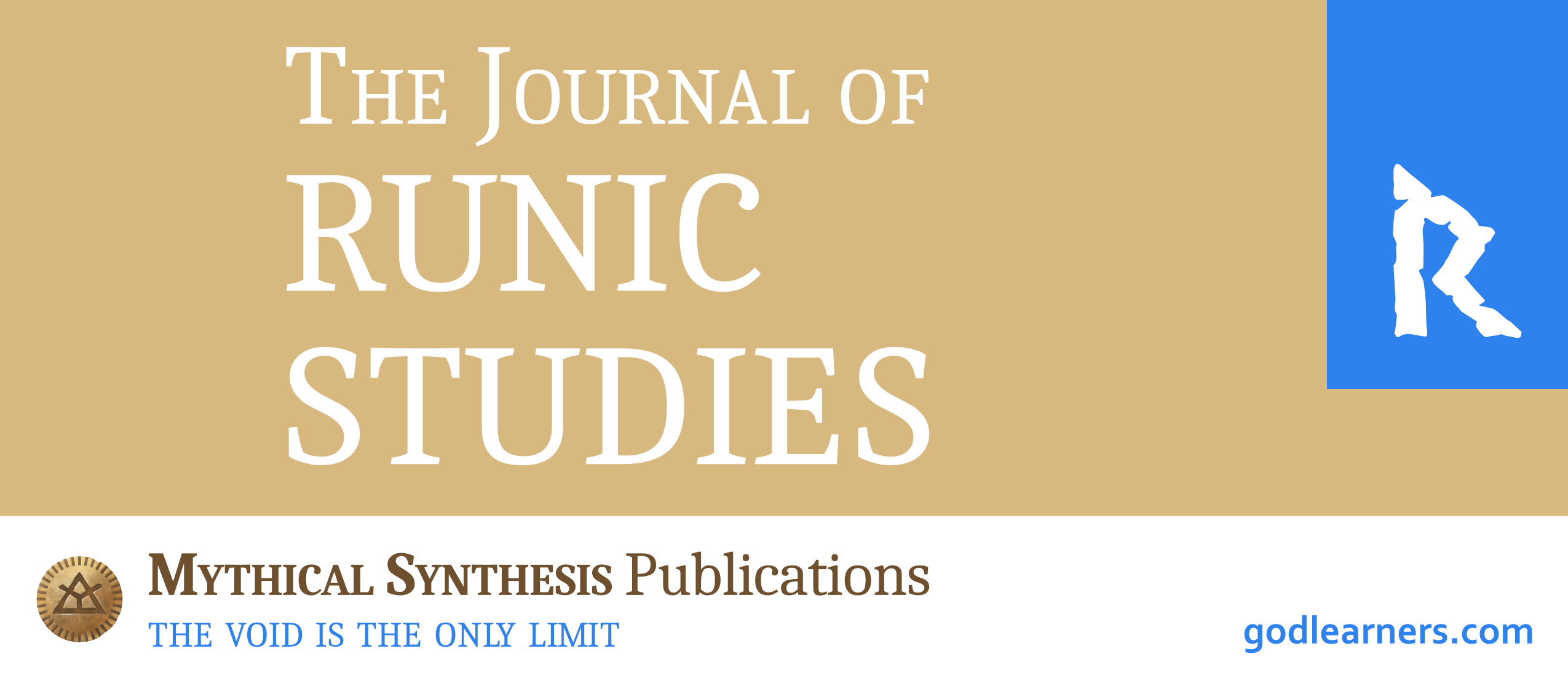
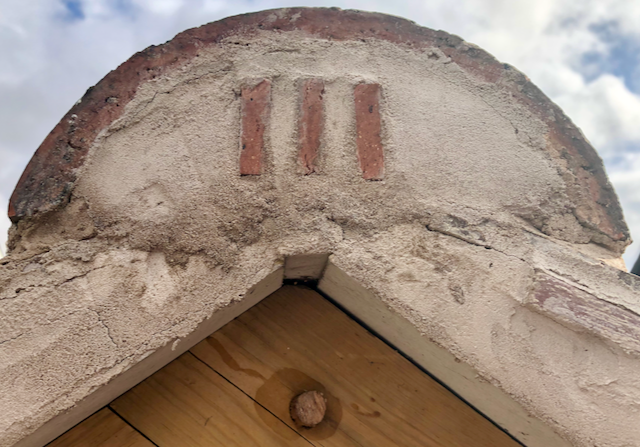
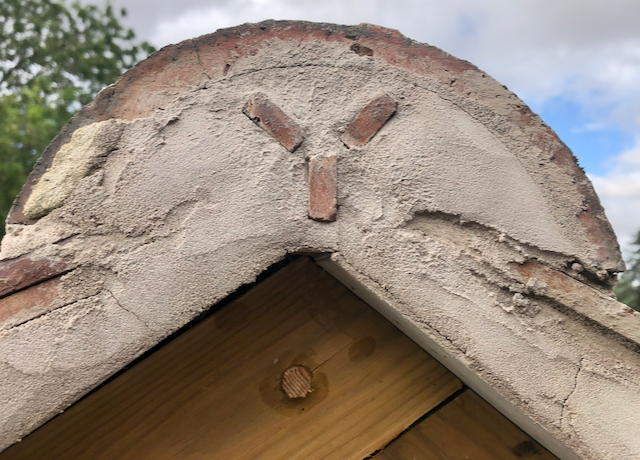
2 comments on “Journal of Runic Studies #59”